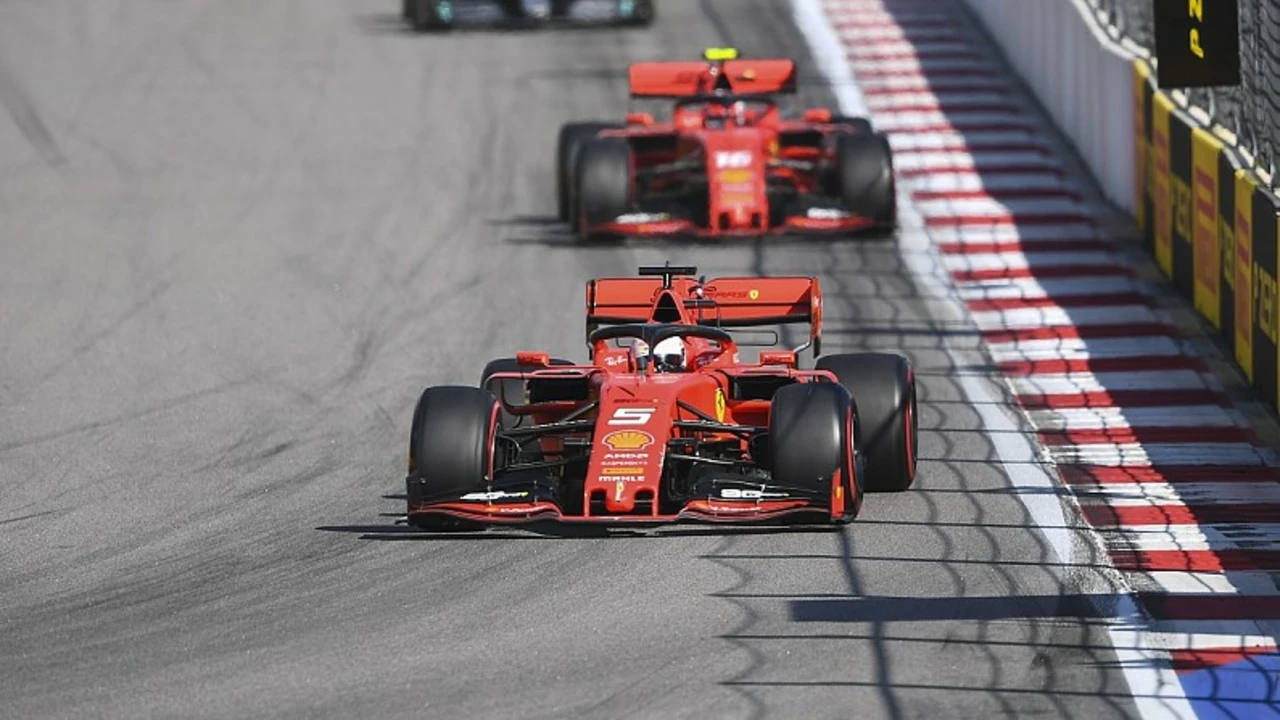Motorsport Controversy: What’s Fueling the Debate?
Whenever you watch a race, you’re not just seeing speed – you’re seeing drama. From heated sponsor arguments to safety rule battles, controversy is part of the sport’s DNA. It can hurt a team’s image, affect ticket sales, or even change the way a series runs. Understanding the typical flashpoints helps you react fast and keep your own racing activity on track.
Common Sparks of Controversy
One of the biggest sparks comes from sponsor conflicts. A team might accept a logo that clashes with a league’s existing partners, leading to fines or forced removal of the branding. This isn’t just paperwork; it can ruin a sponsor’s reputation and cost a team valuable funding. Another hot topic is safety regulations. When a series tightens crash‑test standards or changes tire rules, owners and drivers often argue that the changes hurt performance or add cost. Those debates can erupt on social media and sometimes force a mid‑season rule tweak.
Driver conduct also fuels controversy. A reckless overtake, a post‑race argument, or even a political statement can put a driver in the spotlight for the wrong reasons. The reaction is usually swift – fines, point deductions, or even a temporary ban. Fans love the drama, but teams feel the pressure because sponsors hate negative headlines.
Finally, there’s the technical controversy. When a new aero package is introduced, rivals may claim the design violates the rulebook. Engineers spend nights dissecting the fine print, and the series’ officials end up issuing clarifications that can change the competitive balance overnight.
How to Deal with Controversy in Your Racing Career
First, stay informed. Subscribe to official series bulletins and keep an eye on sponsor contracts. Knowing the exact wording of a partnership clause prevents accidental breaches. Second, build a quick‑response plan. If a driver is involved in a heated exchange, have a short statement ready that acknowledges the issue without admitting fault. Transparency builds trust with fans and sponsors alike.
Third, embrace safety. Even if a rule feels restrictive, treating it as a chance to improve car reliability can turn a controversy into a performance edge. For example, teams that adapted early to a new fuel limit often found ways to save weight and gain speed later in the season.
Fourth, keep communication open with your technical team. If a rival raises a technical objection, having clear documentation of your design choices speeds up the defense process and reduces the chance of a costly penalty.
Lastly, remember that controversy can be a marketing tool. A well‑handled dispute can bring free press and draw new fans. The key is to stay calm, stick to the facts, and show that your team respects the sport’s rules while still pushing the envelope.
Motorsport will always have its share of drama – it’s part of the excitement. By knowing the common flashpoints and preparing a solid response plan, you can turn potential setbacks into opportunities for growth and keep your focus on the track.
